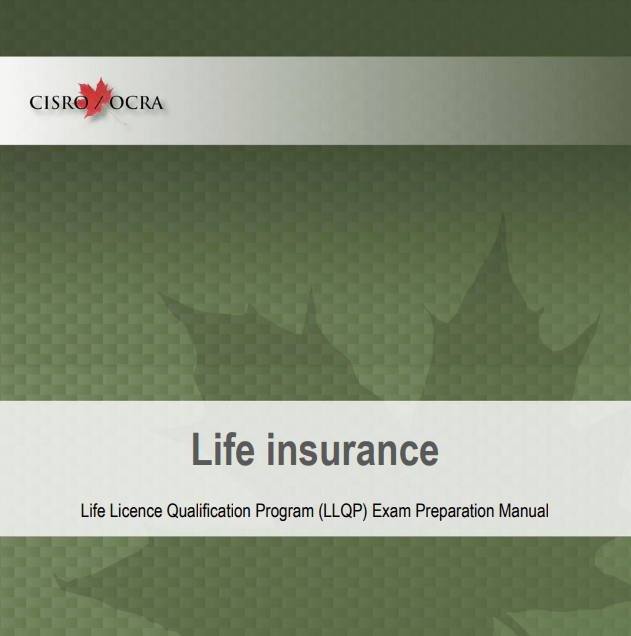Chapter 11: The Initial Consultation
July 17, 2023
- A file worksheet is a key component used for recording notes and more importantly providing a quick summary of the file.
- To find out if the client has already applied elsewhere
- Employment Verification
- PIPEDA Consent
- Photo Identification
- Divorce/Separation Agreement (if applicable)
- Child Support Order/Agreement (if applicable)
- Financial Statements
- Business License
- Business Cheque
- Purchase and Sale Agreement
- MLS Listing
- Proof of Downpayment
- Rental Letter (if applicable)
- Realtor Information.
- Current Mortgage Statement
- Charge/Mortgage
- Transfer/Deed
- Property Tax Statement
- Property Insurance Policy
- Mortgage Repayment History (if applicable).
- A file checklist is a key component for ensuring that the required documentation is obtained on every transaction. This prevents the embarrassment of having to go back to a client for additional documentation in the future and provides a quick summary of what is in the file.
- The client’s home
- The Mortgage Agent’s office
- Another outside location
- Pros and cons are found in chapter 11
- In today’s mortgage market, identity theft and impersonation are a significant concern, making it necessary for the Mortgage Agent to verify the identity of his or her client at the initial consultation.
- As per FSRA, “Each Mortgage Brokerage has a duty to take reasonable steps to verify the identities of its clients/borrowers and other parties in mortgage transactions. If a Mortgage Brokerage is not able to identify the identity of another party, it must advise the client/borrower.
- A co-applicant will go on title with the primary borrower and is equally responsible for the debt. A guarantor, while equally responsible for the debt, is not registered on title.
- By having the client’s signature on the application, the Mortgage Agent has consent to complete the necessary investigations to obtain a commitment from a Lender. Although verbal authorization is acceptable, some applicants may dispute providing authorization at some point in the future.
- To determine the applicant’s needs, specific questions must be asked. Refer to the Needs Assessment form.
- Yes, because it is owned by the borrower and is therefore an asset
- Is the debt going to be present after the new mortgage is advanced. Typically no if the debt is being paid off from the proceeds.





